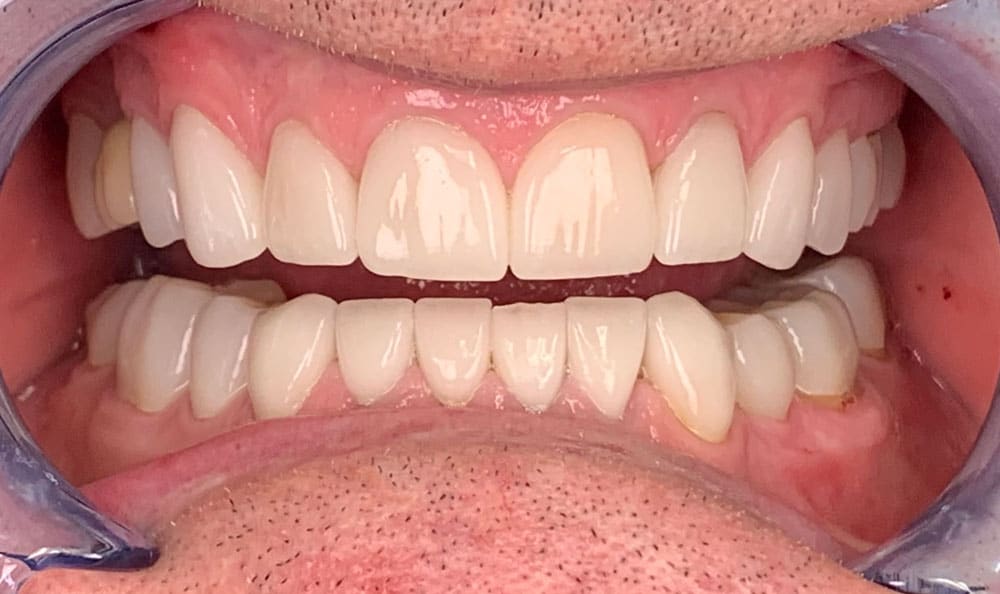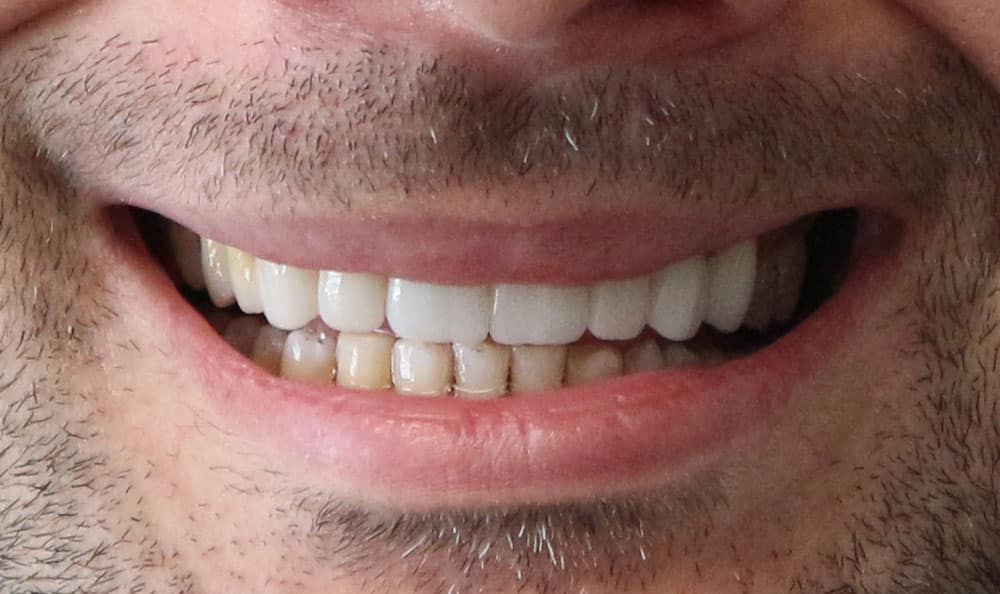Introduction
Dentists often use dental crowns to restore fractured, misaligned, decayed, or broken teeth. It is like a tooth-shaped cap that healthcare professionals can customize per individual preferences and dental conditions. These dental crowns are available in various metals, including porcelain (resin), porcelain fused to metal (pfm), titanium, and zirconium dioxide. Broken crown or dental crowns have a lifespan of five to fifteen years only when you have followed proper care and maintenance.
What is the Dental Crown Procedure?
You hardly need one or two visits to the dentist or prosthodontist in your dental crown procedure journey. It may vary depending on the severity of individuals.
- During the first consultation, the dentist makes your tooth ready by eliminating a small size of enamel from the outer surface and giving it a proper shape. They often use local anesthesia to make you numb so that you don’t feel any discomfort or pain.
- Next, they will take impressions of your teeth by molding them and using dental equipment, i.e., a digital scanner.

- Later on, the impression will sent to a lab where specialists will make the crowns with the help of impressions. The specialists also ensure that the color of your crowns matches your natural teeth.
- Dental crowns are made with the CEREC machine that gets ready and fitted on the same day.
- If the crowns are developing in a laboratory, your dentist will cover your affected teeth by using a temporary crown. It generally can take two to three weeks to prepare your permanent crowns.
- When permanent crowns are ready, you must visit a prosthodontist for a second consultation. They will place crowns and fit them perfectly in the affected area using dental cement or adhesive.
How To Take Care of Your Dental Crowns?
Once the crown is fitted in its actual position, it is essential to take care of it by following oral hygiene practices and some essential things. Some of them are mentioned below:-

- Brush your teeth at least twice a day.
- If you have sensitive teeth or crowns, avoid eating hard (ice) or chewing sticky foods, as it can be prone to cracking your teeth or crowns.
- Don’t consume hot or cold items.
- Use toothpaste recommended by your dentist.
- Flossing teeth also helps in maintaining your teeth in excellent condition and reduces the risk of developing other dental-related problems.
- Your dentist may click a picture of your teeth before or after placing crowns in your teeth, which helps you notice changes.
Does Dental Crowns Hurt You?
Usually, dental crowns do not hurt or are painful, but it also depends on the individual’s body and how they are strong enough to face the challenges while placing dental crowns. However, pain and discomfort is a common ailment that you may experience with it.
Wrapping It Up
When talking about crowns, the best part is that you’ve plenty of choices. However, Dental Crown Near Me recommends the best after seeing your dental health condition. So always go with their selection.